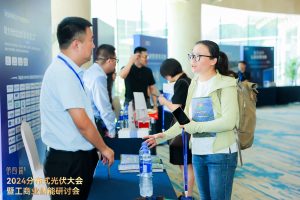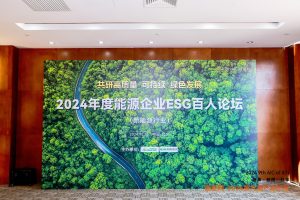On October 26, 2023, the highly anticipated 2023 Shaanxi Distributed Photovoltaic Forum was held in Xi'an. The conference is hosted by Sobi Photovoltaic Network and co organized by companies such as Huawei Smart Energy and Longi Green Energy. This forum has attracted more than 300 industry experts, entrepreneurs, policy makers, researchers, and other representatives to actively explore industry hotspots and pain points, pulse industry development trends, effectively connect resources, technology, information, and scientific and technological achievements, deepen exchanges and cooperation, and further tap the development potential of the photovoltaic industry in Shaanxi region.
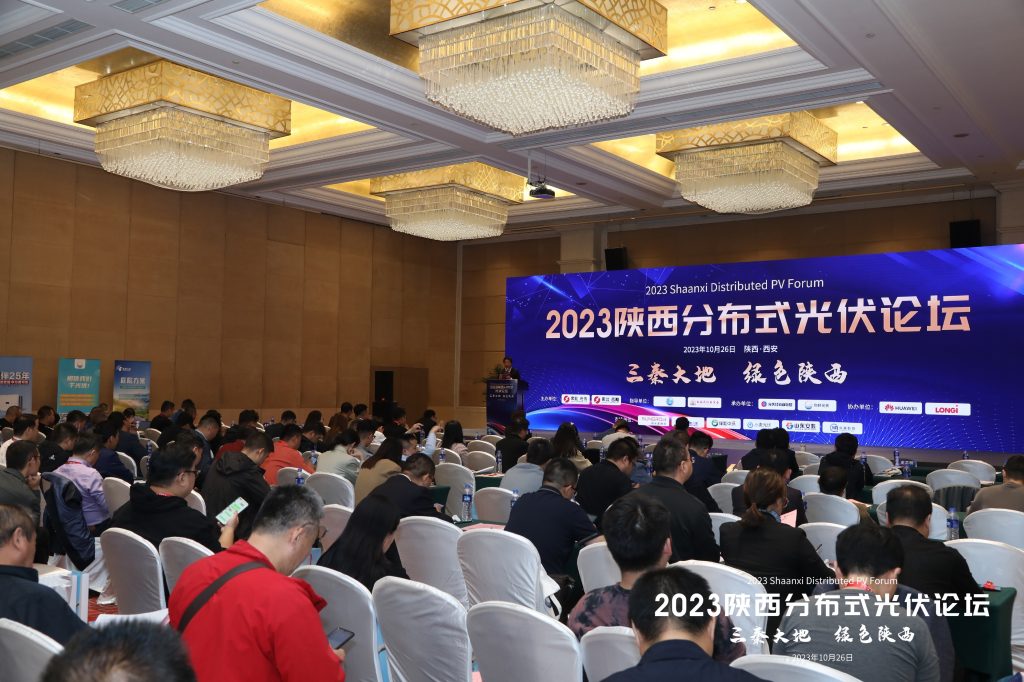
With the development of the distributed photovoltaic industry entering the fast lane, Shaanxi, as an important region for distributed photovoltaics in China, is ushering in a new period of development opportunities. In 2023, the Shaanxi Provincial Government released the "Implementation Plan for Carbon Peaking in Shaanxi Province", which pointed out to vigorously develop non fossil energy, adhere to both centralized and distributed approaches, and comprehensively promote the large-scale development and utilization of wind power and photovoltaic power generation.
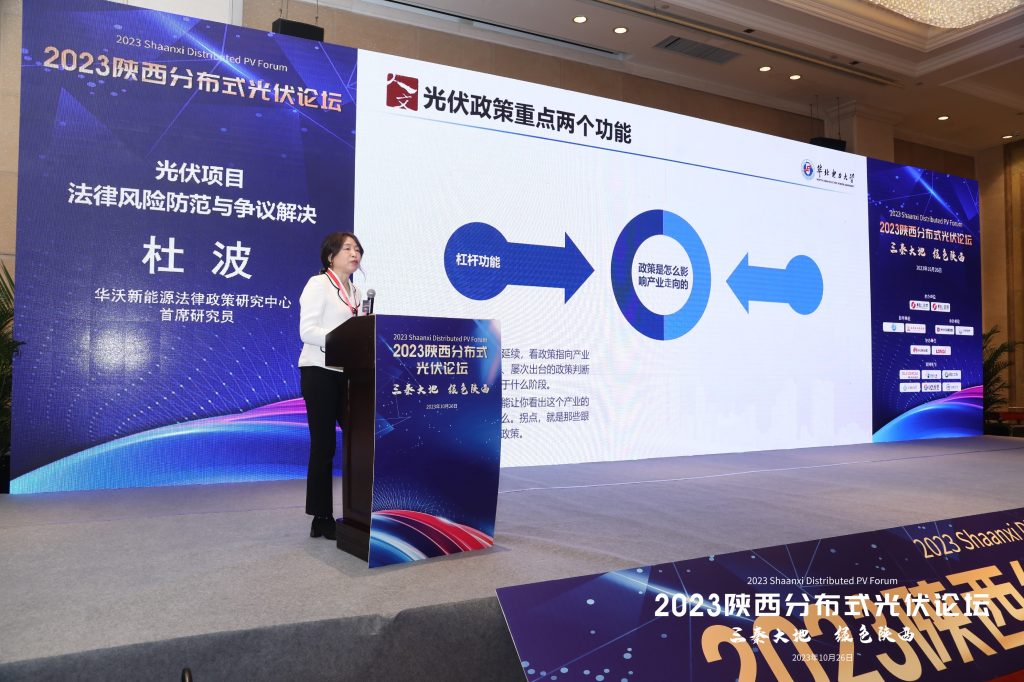
On the forum, several industry leaders shared their insights and predictions on the development of distributed photovoltaics. Professor Du Bo, Director of the "Carbon Neutrality" Legal Research Center at the School of Humanities and Social Sciences of North China Electric Power University and Chief Researcher at the Huawo New Energy Legal Policy Research Center, delivered a keynote speech on "Legal Risk Prevention and Dispute Resolution of Photovoltaic Projects" at the conference.
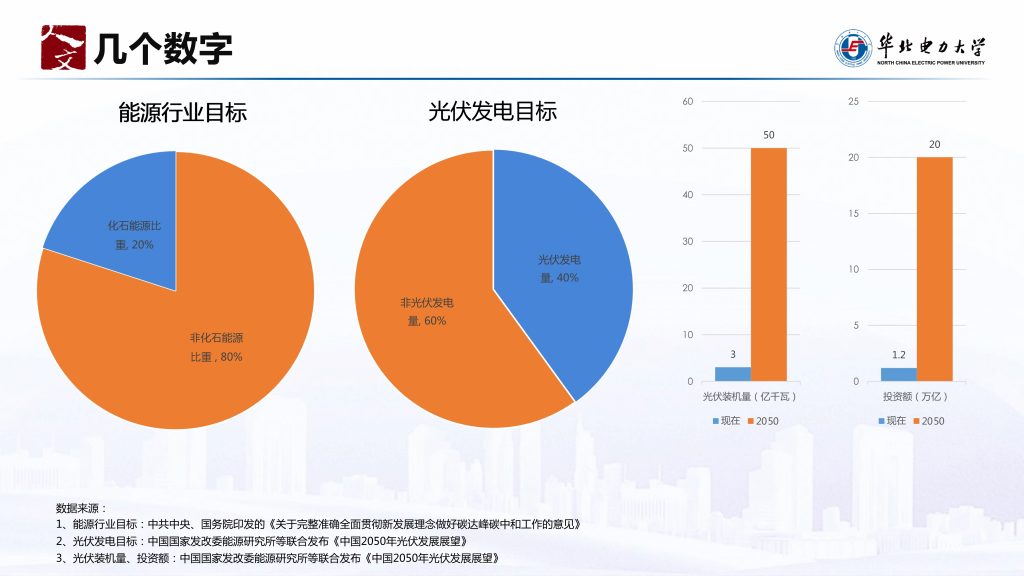
Professor Du Bo first started with the most intuitive data and listed several noteworthy policy data, making it easier and clearer to speak with data. This leads to the two key functions of photovoltaic policies, namely leverage function and problem-solving function. The so-called leverage function is to judge the current stage of the industry by observing the continuation of policies, the direction of policies towards the same industry, and the policies repeatedly introduced; By identifying policy inflection points, you can see what the development focus of this industry is. The turning point refers to policies that are different from before. The so-called problem-solving function mainly solves two aspects: reducing costs for photovoltaic enterprises and solving problems through government policies.
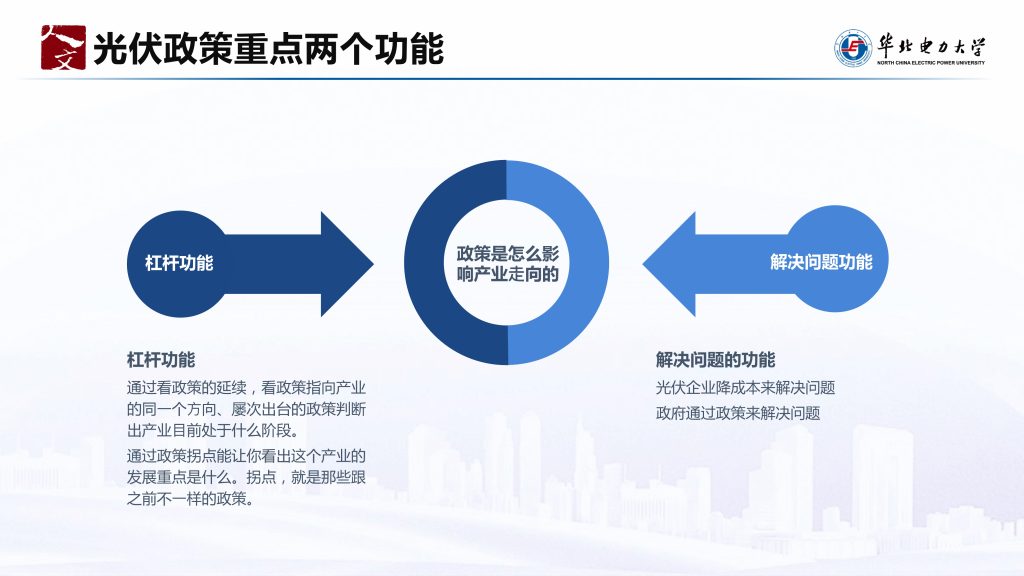
The development of future policies first needs to address the problems and trends in the photovoltaic field itself. The construction of a standard system for emerging industries, such as the "Implementation Plan for the New Industry Standardization Navigation Project (2023-2035)", mentions standards. Because photovoltaic technology is developing rapidly and there are many new standards, it is certain that leading enterprises will formulate corresponding new standards.

The Huawo New Energy Law and Policy Research Center not only focuses on the study of policy theory, but also pays attention to the legal issues encountered by new energy enterprises in practice. It also collects and organizes data from publicly available information of a new energy enterprise, showing that sales contract disputes account for 72% of all disputes, and construction project contract disputes account for 6%, objectively analyzing the types and proportions of legal risks faced by new energy enterprises; We also conducted research and analysis from different roles of new energy enterprises, such as plaintiffs, defendants, or executors.
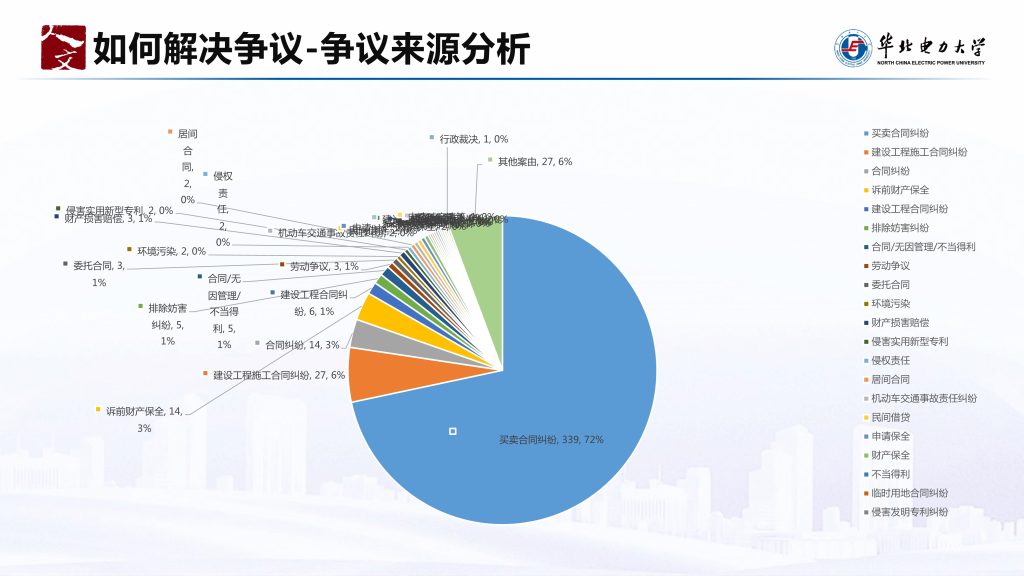
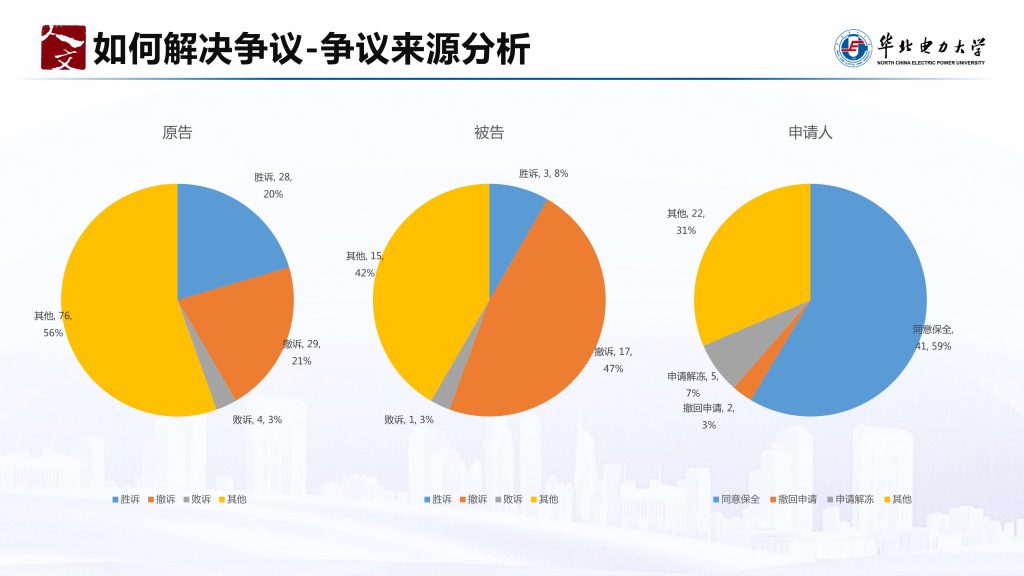
These litigation disputes are basically conflicts between enterprises, upstream, midstream and downstream of enterprises, and differences in ideas between enterprises and users. Between enterprises and the government, enterprises have doubts or do not understand the policies issued by the government. Huawo New Energy believes that resolving these disputes requires multiple ways to achieve mutual benefit.
Huawo has an excellent team of lawyers and researchers who work together to provide legal services to enterprises and build a communication bridge between enterprises and the government.
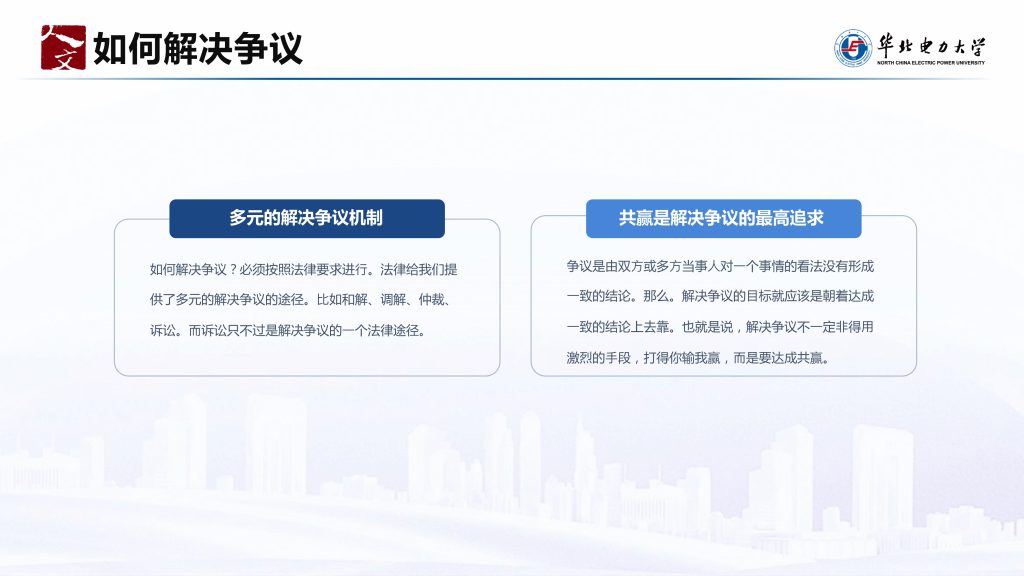
Compared to existing disputes, new energy enterprises are more concerned about how to prevent disputes from occurring. Professor Du Bo elaborated on how to prevent disputes from four aspects: project investment and approval stage, filing stage, construction stage, and operation stage.
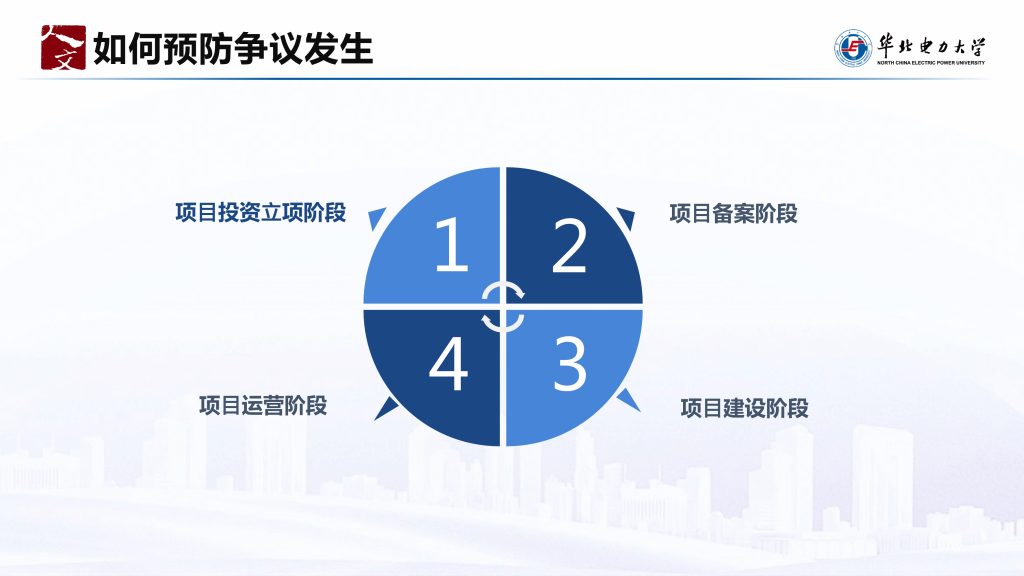
At this forum, Professor Du Bo's speech received high praise from the attendees. It is widely believed that her speech is easy to understand and insightful, which is of great significance for promoting the development of China's distributed photovoltaic industry.

